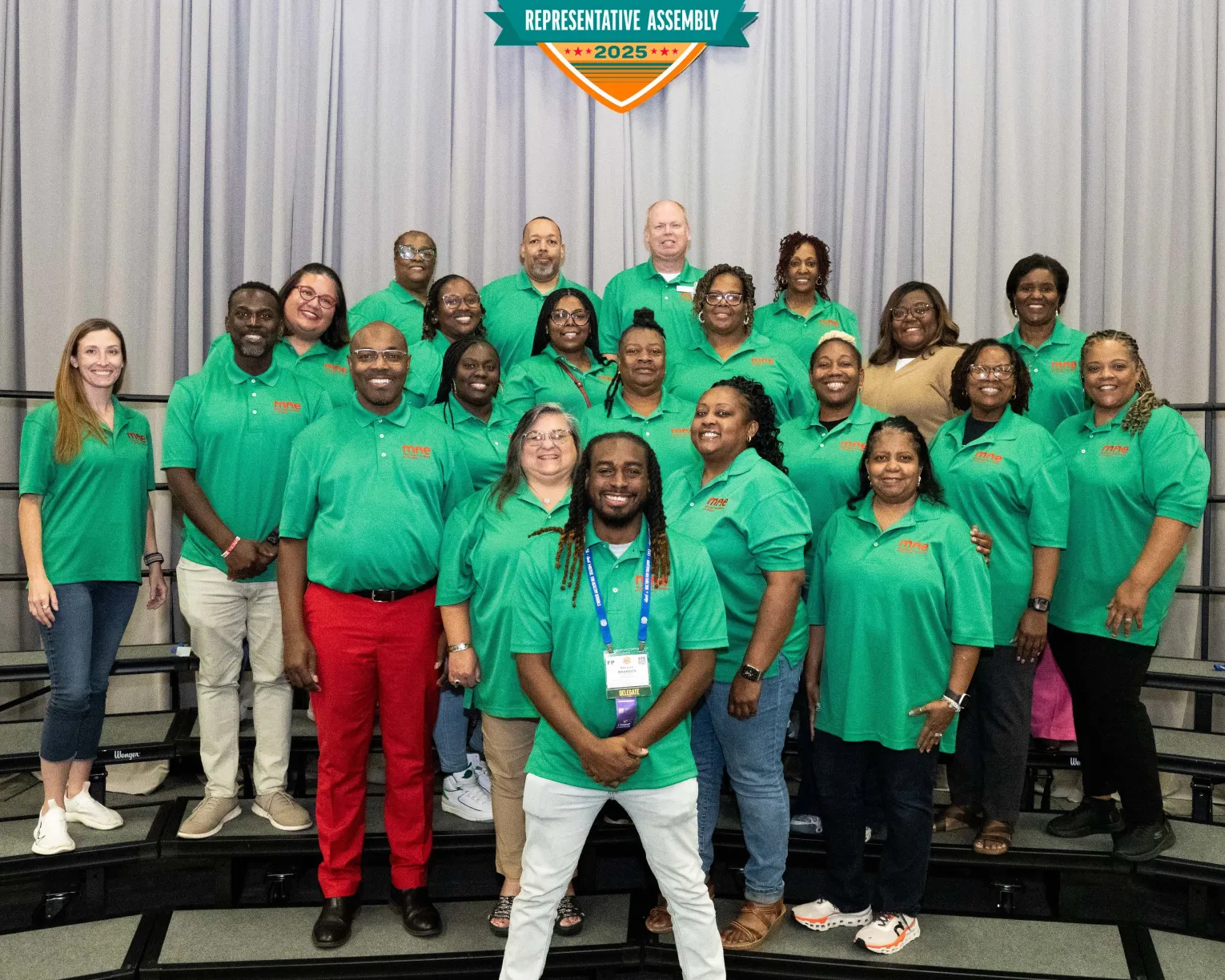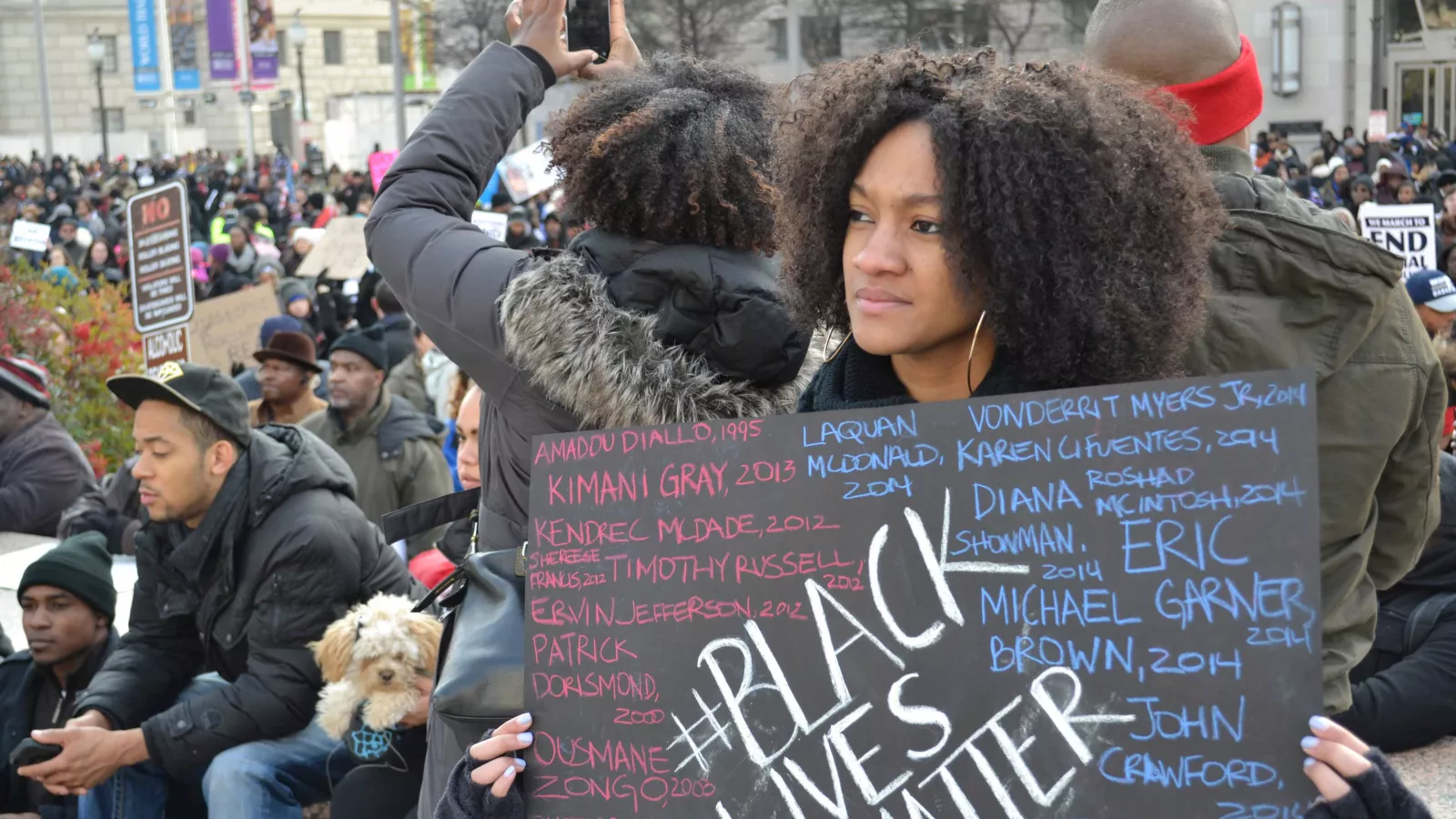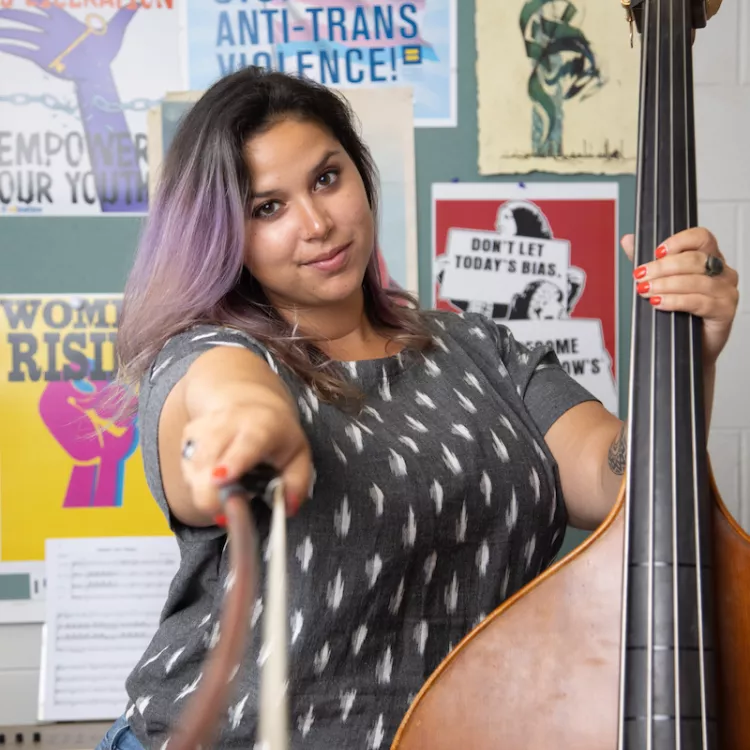How to use this toolkit
- Learn about how racial bias in things like school resourcing and discipline impacts students of color.
- Find out how your school can adopt anti-racist curriculum that offers a full picture of our nation's history.
- Take action to advocate for racial justice at school, and to support educators who foster dialogue on racial inequality in our communities.
Section 1: Getting Grounded in Racial Justice
Context
Most of us believe that every child, no matter what they look like or where they come from, deserves a safe, just, and welcoming school where they can thrive.
But certain politicians try to divide us by sending police to monitor and punish Black and Brown students in schools that have been denied funding to even cover the basics, while ensuring well-resourced schools with mostly white students have enrichment activities, teacher training, and parent engagement.
By joining together across race and place, we can rewrite the rules to ensure every student—whether Black, Brown, or White—has up-to-date learning materials that give a full picture of our nation’s history, the support of educators who are prepared to foster dialogue on racial justice and its impact on students and communities, and a well-resourced school environment.
Celebrating our Diversity
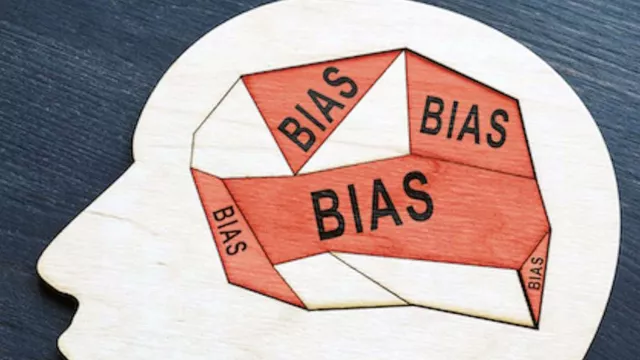
Are You Biased?
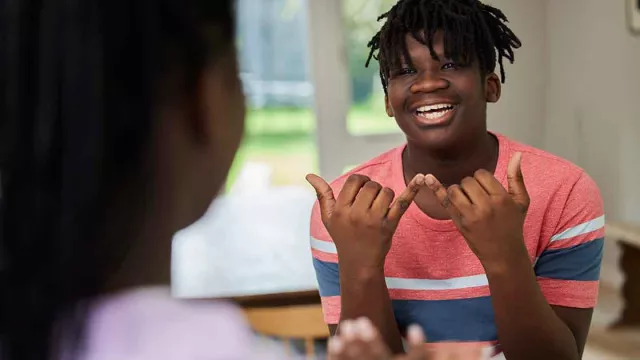
What the Research Says About Ethnic Studies

NEA's Cultural Competency Training

The 1619 Project
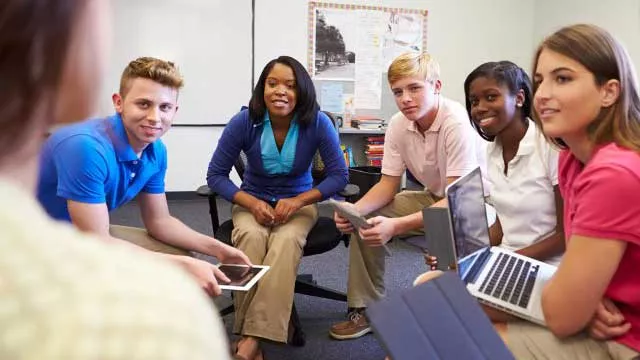
10 Tips for Talking About Race in School
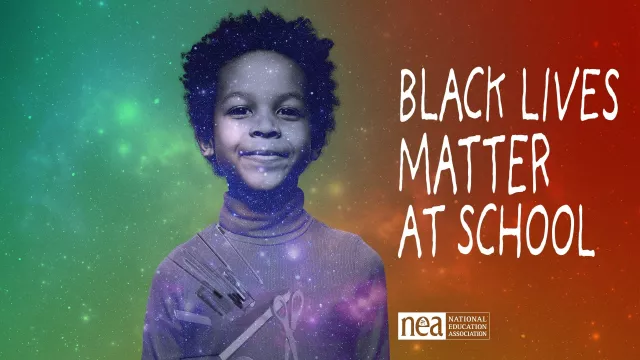
Black Lives Matter at School
Section 3: Fostering Cross-Cultural Understanding
Implementing Restorative Practices
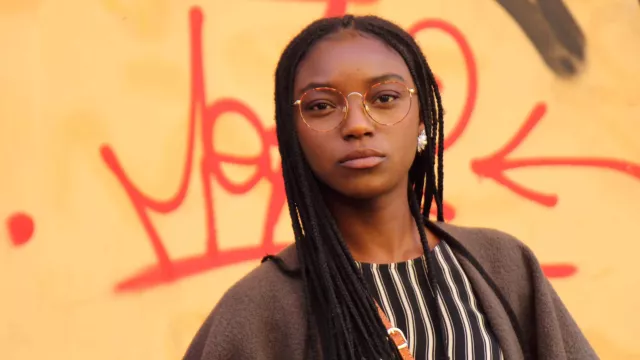
Restorative Practices Guide
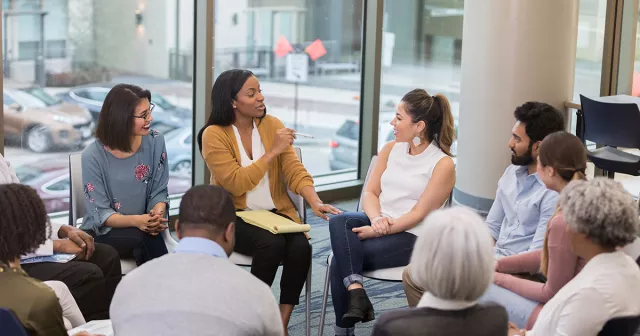
Micro-Credentials for Restorative Practices
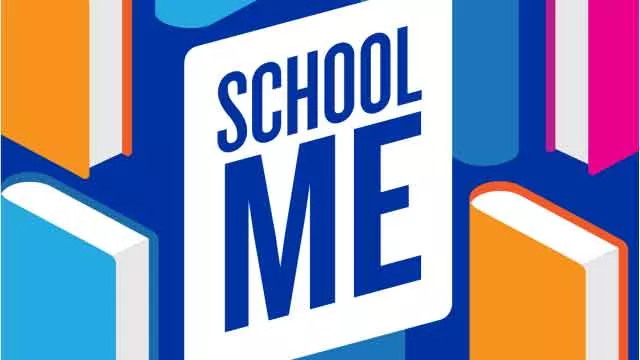
Listen: School Me Podcast
Downloadable Art
Activism through Art
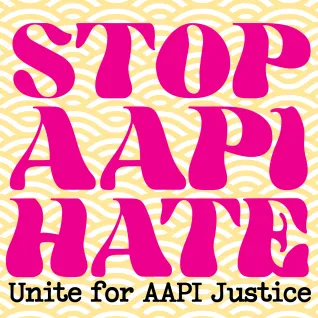

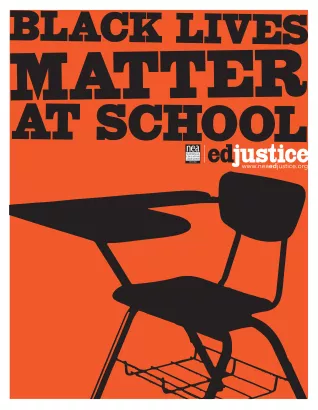

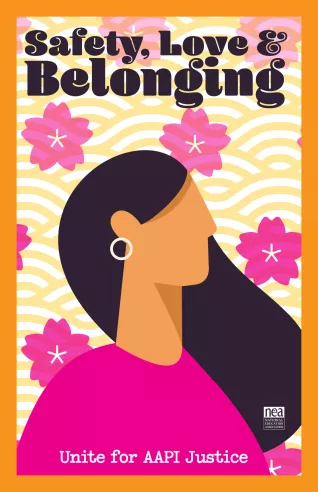

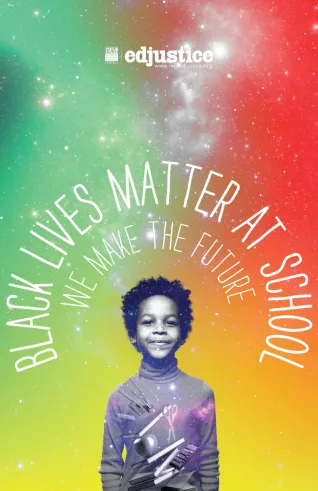

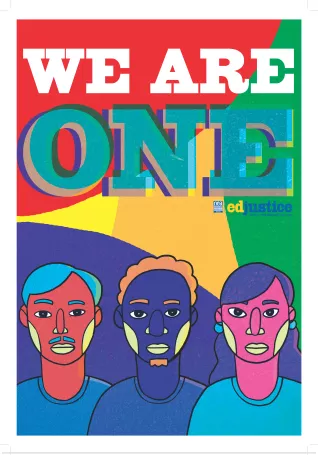

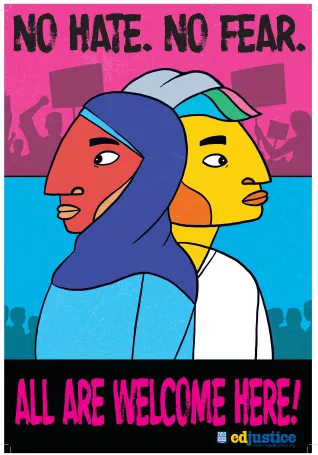

Links to external websites are provided for informational purposes only. NEA assumes no responsibility for the content or policies of external websites.
Be a part of Team MAE
